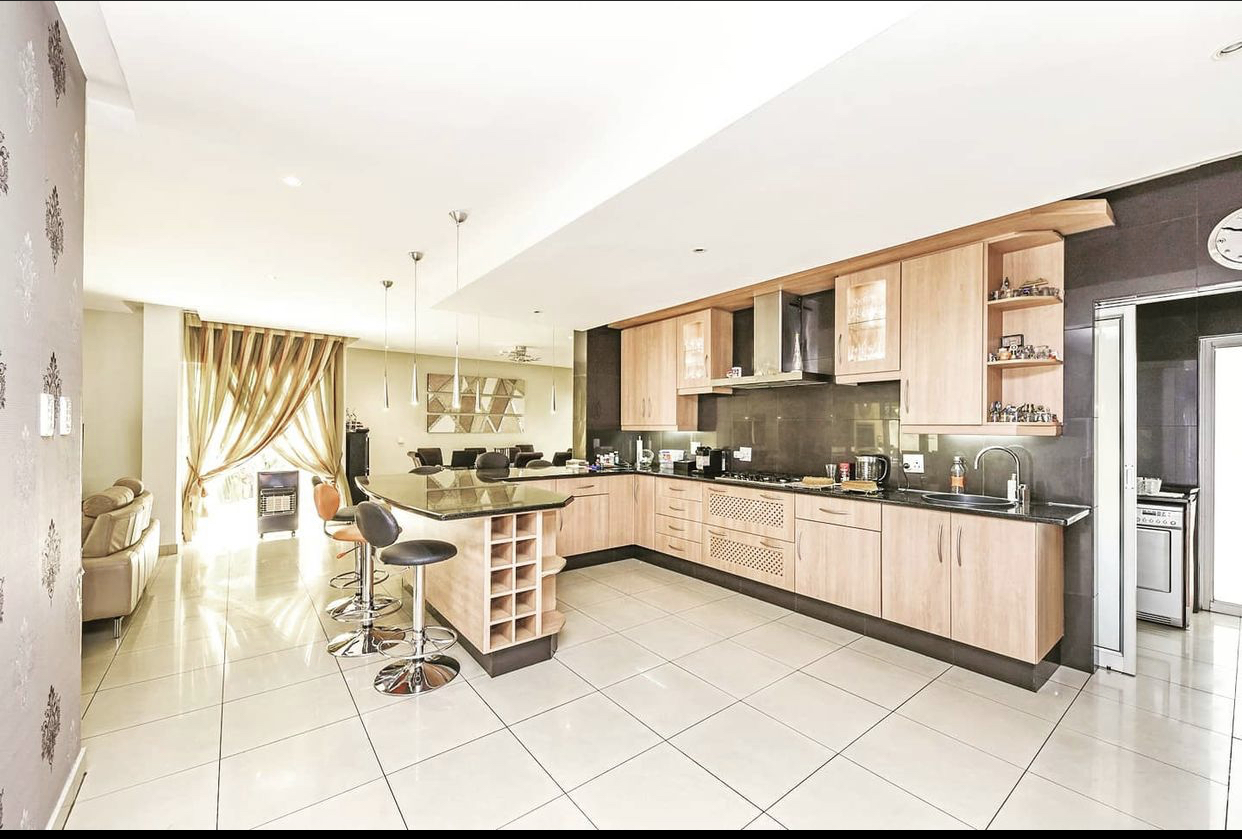So, you are ready to make a huge financial investment in the continent of Africa by buying a home or investing in real estate. South Africa is a very fine choice of where to pump your money into, due to the growing ultra modern status of the Republic of South Africa. However, there are some key issues that you need to figure out and address, before you proceed to make that purchase.

Price Of Housing In South Africa
The prices for Housing properties have been relatively stable in South Africa, with homeownership levels at around 60% of the South African population. Additionally, The average national price for an entry-level (80–140 sqm) home is around ZAR 937,000, with an average medium-size house currently costing around ZAR 1,255,000. Despite steady increases in the last year, property prices in South Africa remain relatively low. According to Expertica.com
Foreign buyers can freely purchase property. However, mortgage options top out for non-resident buyers at just 50% of the property purchase price. The transaction costs of buying a home in South Africa should also be a consideration; they can range anywhere from 5–15 or more on top of your property price. Taxes depend on the price range of your property.
Location
Everyone knows that one of the most important if not the most important point to buying property is the area where it is located. What this means essentially is that it is sometimes advisable to downscale on the size or quality of house in favor of a better area or a more favorable location. It’s better to buy a condo in an ultramodern secure location, than to purchase a duplex in a scrap yard.

Security
Once you have identified the area you want to buy in, it now left for you consult with the local residents and the police station regarding the crime rate in the area. Look out for open tracts of land and developments going on in the neighbourhood, which could promote incidents of criminal activity. For South Africa, the recorded safest places are; CapeTown, Port St. John’s, The Garden Route, The West Coast, Cape St. Francis.
Facilities
For your utmost convenience and value for your money, you should also take note of the presence (or lack thereof) of; schools, libraries, shopping centers and other facilities that you would require in the area.

Deposit
Mark Bellinger at Online-Property advises it is necessary to avoid the common pitfalls when making a property purchase, particularly abroad; considering buying your house or property is one of the biggest purchases you will make during your lifetime. As foreign buyers typically need pay half of their property purchase, it’s important to establish the amount you can put down as a deposit on your bond and be sure to handle this via the appropriate channels, with the involvement of the necessary and appropriate authorities.
Bond amount
Apart from a deposit, you should establish the amount of the monthly repayment you can afford. You can do this by totaling your monthly income (joint income if you are married) less your expenses. The banks will normally grant a maximum bond where the repayment is no more than 25% of your gross monthly salary which should not be more than the amount you calculated above, otherwise you may be overcommitted.

Types of property in South Africa
- Bachelor flat: a typical one-bedroom flat with lounge/dining room, kitchen and bathroom.
- Flat: bigger than a bachelor flat and available in one-, two- or three-bedroom varieties.
- Town house: usually found in a complex of between 20 and 30 homes. Can be a semi (one floor) or a duplex (two floor) property. You may have to jointly-pay for the upkeep of the the complex, which can sometimes be high.
- Cluster house: a house usually found in a complex, with shared facilities such as pools, club houses etc. Each cluster usually comes with a garden that you maintain, differing to townhouses where garden maintenance is communal.
- Cottage: found inside the grounds of a larger property, usually a second, smaller building away from the main house.
- Detached house: a standard family-size property. As space is not a premium commodity in South Africa the majority of houses are single stories.

